Gareth Writer-Davis says,
"songs plucked from the lute are complex miscalculations"
and therefore romantic, with either upper or lower case r, notions are disregarded,
"my heart has a job to do
and fit to the task
pumps blood around my body"
and the reader knows where he or she stands, the body is not to be worshipped but to be appreciated objectively for utilitarian purposes,
"my ears...
...are cartilage hooks for pencils and cigarettes
they are something I would like to pass on."
and the language is nearly always straightforward, plain nay blunt, so the occasional metaphor in the midst of this visceral dissection of the body comes as a big surprise.
"my ears are bats
they blink
open
and shut."
and this is a clue that Writer-Davis is not just a one-trick pony, as is demonstrated by a series of poems about his mother. The Slim Shape is as far away from sentimental as it is possible to get, readers may feel as though they have stumbled across something which they shouldn't be witnessing,
"my mother was 36 24 36"
Feeling awkward? Wait until you read the next stanza,
"I did not know what that meant
when I pushed in
the pointy tip of her bra
and watched it pop out again."
But decontextualising does the poem no favours as the poet concludes with a frank appraisal of his mother and captures in three short lines a mistake made and indicates maybe a bleak life,
"mother was a flirt
who married young
then thought better of it."
The fate of his "first and only love" was to "fade away at the edges" as she fell adrift of fashionable mores. But what does the poet care as he completes the poem with the unabashed statement,
"my mother was 36 24 36
but she
was without measure."
The depth of this love is demonstrated in the following two poems, Breathe and String, intense pieces of work where the poet deals with the illness and old-age decay of his mother and in both poems he gives lie to his concentration upon the physical. We are all more than just a collection of body parts as the author well knows, and despite an attempt to cover his tracks, we realise that we are reading the work of an artist who understands both the physical and the emotional.
Consequently, this is an engaging collection repaying a number of revisits but be warned, readers may well begin to reconsider their own body parts during their next bath.
Credit to Indigo Dreams who have turned out a handsome pamphlet which in terms of appearance and content will sit well on any poetry bookshelf.
Bodies
Gareth Writer-Davies
Indigo Dreams Publishing
£6.00
9 781909 357716
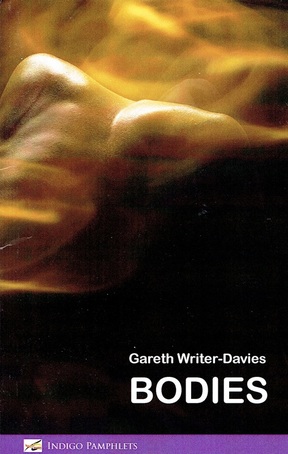


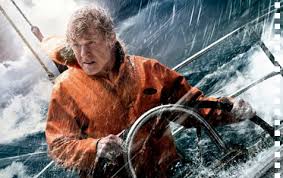
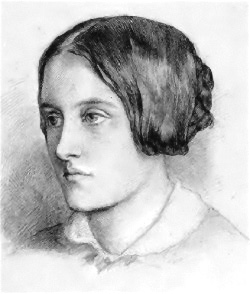
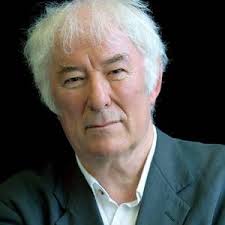
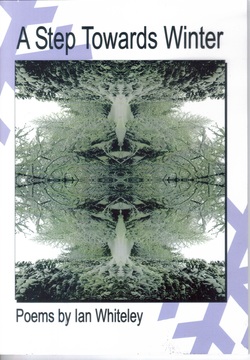
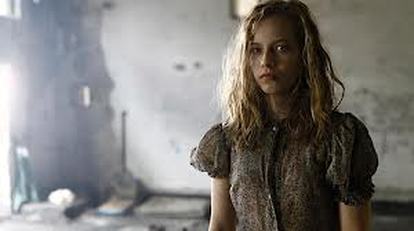
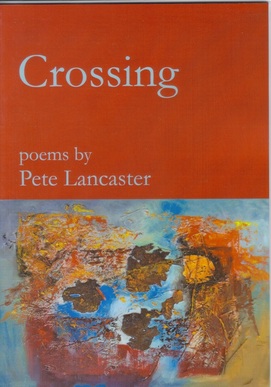
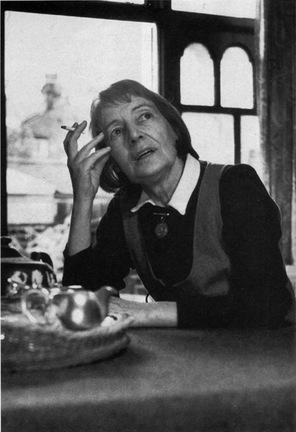
 RSS Feed
RSS Feed
